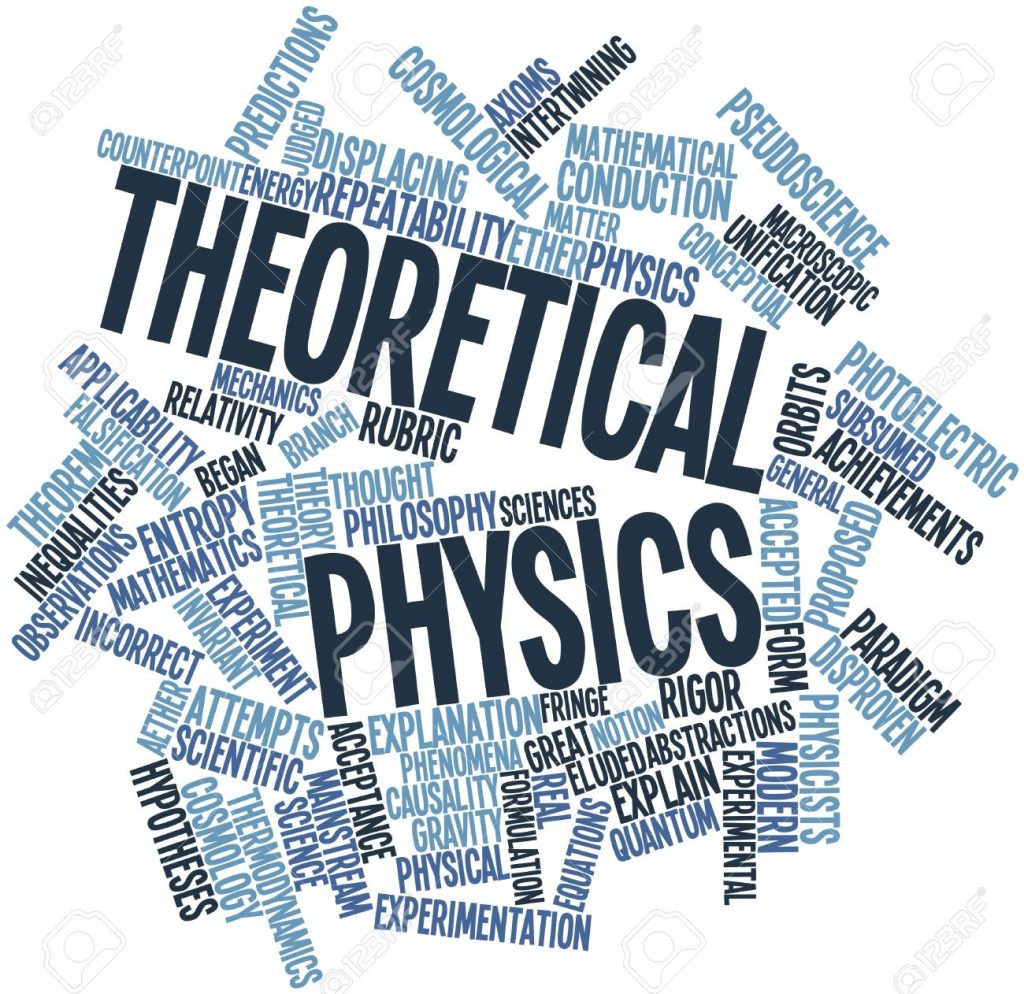Becoming a quant has emerged as one of the most recent trends in the market when it comes to deciding some of the best paying career options. But to excel in the domain and to become a quantitative trader, in reality, one needs to fulfill certain educational criteria that will make him/her a quant in true sense. When considered from a broad perspective, mathematics might seem to be the best choice of subject to pursue the courses for quant studies in the future. However, an in-depth analysis of the whole matter will unveil that there are more components attached to the learning of quantitative finance other than just mathematics and those subjects could also do the groundwork for becoming a quant well. Here is a brief discussion on the subjects that might lead you to the desired goal of earning your career as a quant. Pursue your undergraduate degree in any of these subjects and stand a chance to become a successful quant in the future.
1. Mathematics
No matter what, mathematics has always remained and will continue to dominate the quantitative analysis area of learning and to become a quant, the first choice for pursuing an undergraduate degree would be to get along with mathematics. Most of the statistical analysis and modeling strategies require vigorous groundwork in mathematics that makes it the most recommended subject to lay a stout foundation for quantitative finance analysis. With a good degree in mathematics with elaborate knowledge in real analysis, probability theory, Bayesian statistics, linear algebra, stochastic analysis, numerical linear algebra, numerical analysis, linear analysis, partial and ordinary differential equations, vector calculus, mathematical modeling, and optimization, one can surely learn the quant studies easily.
2. Theoretical Physics

Aspirants of quant job may also pursue their undergraduate degree in theoretical physics. The studies related to theoretical physics attempts to predict and infer the behavior of multiple physical phenomenons that drive the world. This particular skill involved with this channel of education sharpens the analytical abilities of a student and helps them build structured models based on the complex phenomena as well. This helps the learners in the future to grasp the modeling structures of quantitative analysis as well.
3. Computer Science
Computer science, in reality, is nothing but a subset of the applied mathematics and deals in the computational aspect of it. Hence, computer science can also be a great option to go for during the undergraduate degree to make the way to your career direct to the quantitative finance analysis. Compiler design, algorithmic design, and database design are some of the things that a student gets expert at while studying computer science at the undergraduate levels that lay the foundation to many learning required to become a quant.
4. Studies of Engineering

You can also pursue the studies of engineering for your undergraduate degree if becoming a quant is what is there in your mind. Mechanical engineering, aeronautical engineering, electrical engineering, and electronic engineering are the most convenient streams to opt for an aspiring quant. Gaining in-depth knowledge in any of these domains will only open the opportunities to learn quantitative finance in a better way.
5. Economics
Pursuing your undergraduate degree in economics may also offer you the path to become a quant in the future given you choose a course loaded with mathematical and statistical applications. As every quant needs to be perfect and efficient with the time series analysis and econometric tools, theoretical economics will not be an ideal choice if you wish to go ahead with a quant for in the long run.









